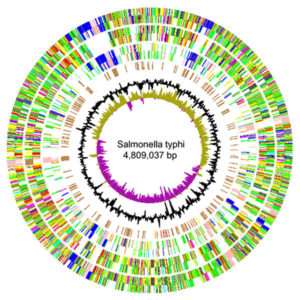Working with Pathogen Genomes
24–29 March 2019
Wellcome Genome Campus, UK
Hands-on training in genomic analysis of bacterial and eukaryotic pathogens.
Summary
Understanding pathogen genomes, how they evolve and which genes are essential for their ability to cause disease, is a key part of the battle to reduce the global disease burden.
This five-day computational course aims to give molecular microbiologists working with bacterial and eukaryotic pathogens a working knowledge of genomic analysis. The course will take the form of a series of modules covering the fundamental aspects of DNA sequence analysis and exploitation.
Each module will be introduced with a short talk, followed by hands-on worked examples using data from bacterial and eukaryotic pathogens. A key aspect of this course is the shared interest in pathogens between instructors and participants. This common understanding of the questions and problems presented by our work results in particularly fruitful interactions.
The course begins with training in the use of genome analysis software (Artemis and ACT), developed at the Wellcome Sanger Institute for genome exploration and comparative genomics. It then goes on to cover the mapping of Illumina sequence data, SNP calling, phylogenetics, genome assembly, genome annotation and RNA-seq.
The course is aimed at research scientists or clinicians/healthcare professionals actively involved in, or soon to commence, relevant research on bacterial and eukaryotic pathogens.
Programme
The programme will include lecture and practical computer-based sessions covering the following topics:
- Introduction to pathogen genomics
- Introduction to Artemis
- Using the Linux operating system for bioinformatics
- Comparative genomics using the Artemis Comparison Tool (ACT)
- Mapping Illumina sequence data against a reference genome
- Genome-wide phylogenetic analysis using SNPs
- Genome assembly
- Genome annotation
- Transcriptome analysis using RNA-seq data
- Two extended practical sessions applying the above topics
Learning Outcomes
After completing this course, participants should be able to:
- Understand the different file formats related to genome sequencing data
- Explore genome sequences using Artemis
- Map sequencing reads to a reference genome
- Identify genomic differences between pathogens
- Construct phylogenetic trees to understand the recent evolution of pathogens
- Produce new, annotated genome sequences
- Identify changes in pathogen gene expression
Instructors and speakers
Instructors
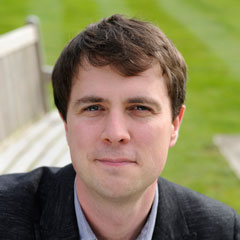
Adam Reid
Wellcome Sanger Institute, UK
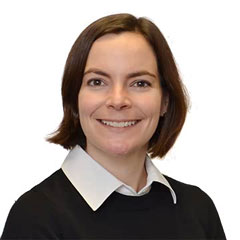
Alison Mather
Quadram Institute, UK
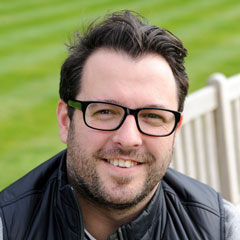
Stephen Doyle
Wellcome Sanger Institute, UK
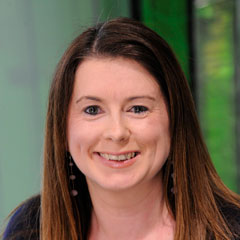
Jacqui Keane
Wellcome Sanger Institute, UK
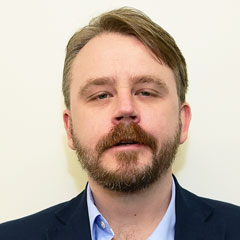
Andries van Tonder
Wellcome Sanger Institute, UK
Christopher Ruis
University of Cambridge, UK
Guest Speakers
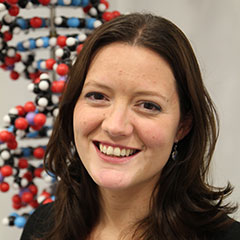
Kate Baker
University of Liverpool UK
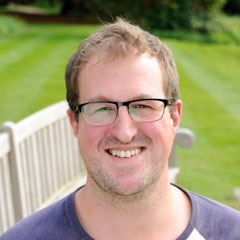
James Cotton
Wellcome Sanger Institute, UK
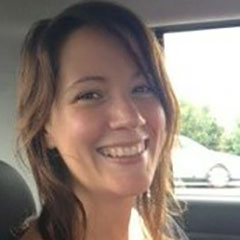
Lucy Weinert
University of Cambridge, UK
How to apply
Prerequisites
Applicants should be research scientists or clinicians/healthcare professionals actively involved in, or soon to commence, relevant research on bacterial and eukaryotic pathogens.
How to Apply
Please complete the online application form. Places are limited and will be awarded on merit. If you have any problems with the online application process, please contact us.
Please note: Applications must be supported by a recommendation from a scientific or clinical sponsor (e.g. supervisor, line manager or head of department). A request for a supporting statement will be sent to your nominated sponsor automatically during the application process. Applicants must ensure that their sponsor provides this supporting statement by the application deadline. Applications without a supporting statement cannot be considered.
Travel visas
Successful applicants will be provided with a support letter for their visa application, if required.
Please visit the following websites for further information on visiting the UK:
Cost
| Cost | Accommodation / meals | |
| *Course fee | £765 | This is a residential course and the fee includes all accommodation and meals. |
*The course fee is subsidised and applies to non-commercial applicants. Please contact us for the commercial fee.
Bursaries
Limited bursaries are available (up to 50% reduction on the course fee) and are awarded on merit. If you would like to apply for a bursary, please complete the bursary section of the online application form.
Where there are many bursary applications, the selection committee may issue smaller amounts.
Bursaries can be applied for as part of the course application form. Applicants will be notified of a bursary award along with their place on the course, usually within one month of the application deadline. The decision of the selection committee is final.
Please note that both the applicant and sponsor are required to provide a justification for the bursary as part of the application.
Additional funding opportunities
Visit our support page for additional financial support currently available.
Accommodation services phishing scam – please be vigilant. More information.
Testimonials
Feedback from previous courses:
“The instructors were excellent. I also learned quite a bit from other students in the course. The structure of the course, meals, accommodations was perfect.”
“The instruction was excellent. I love that a virtual desktop was provided so that I can easily apply what I learned to my own data and can redo exercises if I need to refresh my memory.”
“I am confident that having attended this course will make a significance difference to my approach to research and to teaching. My thanks to all instructors and organisers!”
“The best thing about this course is to get in touch with so many different people from around the world and to have such a great teaching staff!”
“I would like to say a big thank you to everyone on the course who put tremendous effort into making it enjoyable and understandable.”
“Thank you so much to all the instructors, it was a fantastic course, very inspirational!”
“I am really happy with the course. I have learned a lot, and I cant wait to use what I’ve learned in my research.”
